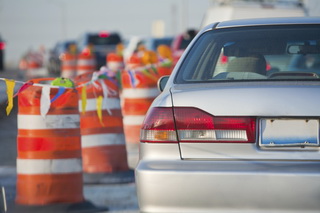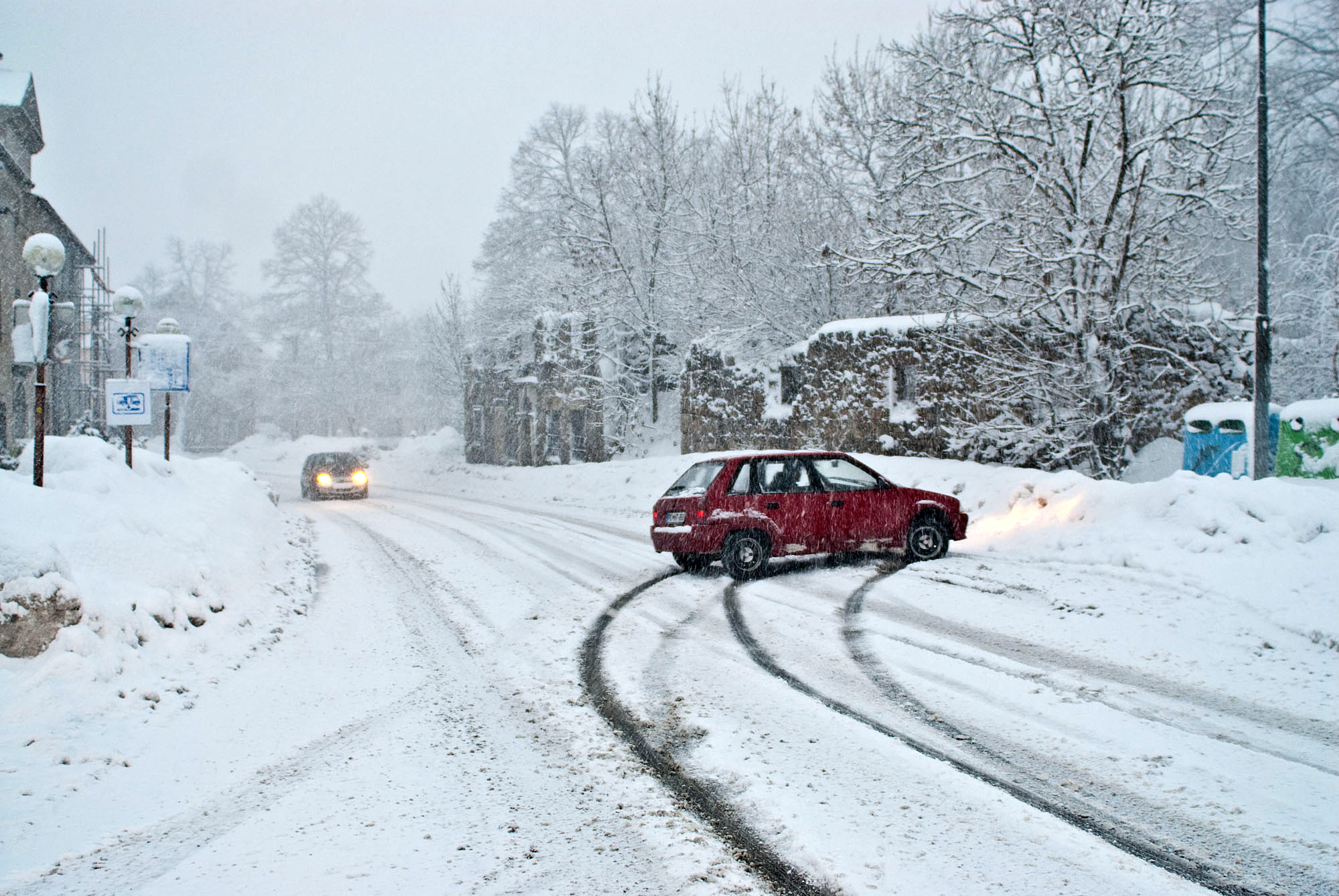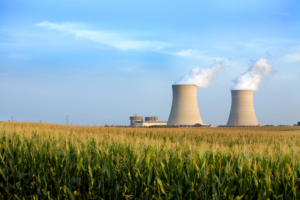Most people realize that building construction sites can be dangerous, but the hazards of building construction sites pale in comparison with the hazards of highway construction sites. The National Highway Transportation Safety Administration reported an average of 1000 deaths across the nation each year between 2003 and 2008. It’s understandable why highway construction sites are among the most dangerous workplaces in America. There is a collection of heavy equipment at these sites (bulldozers, dump trucks, front loaders etc…), all sharing space with vehicles traveling at high speeds. Motorists can be exposed to great risks by hazardous conditions existing in road construction zones. Road construction sites are plagued with uneven surfaces, loose pavement and sharp detours that also pose a threat to drivers and/or their passengers.
When an accident does occur, an engineer is brought onboard to assist with the claim or case. As in any other MVA, the engineer can assist in the reconstruction of the accident. Through their expertise and experience they can help determine what happened. They can provide the speeds and positioning of the participants and give a timeline for the accident. Just as in other construction site accidents, an engineer can help sort out responsibility and culpability. They are familiar with the construction equipment involved, they can sort of the contractor/subcontractor relationships and are knowledgeable of the methods and procedures and OSHA requirements for a job site.
In addition to utilizing engineers for these two important tasks, the correct engineer can also provide more invaluable assistance. The value provided by the accident reconstructionist and the engineer analyzing the conditions at the construction site is directly related to the quality information these engineers are given. If all the accident reconstructionist has to work with is a police report and maybe a grainy photograph or two, the value he can provide may be limited. Likewise, if the engineer analyzing the conditions of the construction site only has a few workers’ depositions, taken years after the incident, the value of his report may also be narrow. This is where the expertise of an engineer experienced in highway construction can be invaluable.
Building, expanding and fixing roads and highways is not cheap. An old rule of thumb used to be a million dollars a lane mile and that’s about as outdated as the 55mph speed limit. These are usually projects costing tens or hundreds of millions of dollars. They are contracts issued by states, counties and cities with pages upon pages of regulations and procedures to follow and reports to file. When an accident occurs in a construction zone, the documentation generated by the contractors, subcontractors and municipalities involved is ponderous. However, gaining access to these reports after the fact is not a simple matter. Requesting any and all reports regarding an accident on a specific date will get you little or nothing. This is where the correct engineer can be invaluable. An engineer that is experienced in highway construction will know what reports were generated, when they were generated and who generated them. They will know what to request, for instance “Work Plan Controlling Item of Work, Form No. 610-090-23”. They will know who to request it from, and then understand what it says when they get it. Many of these reports are “hidden in plain sight”. By law, they are obtainable to the public, often available online. But, unless you build roads for a living, there’s little chance you know they exist or how to find them if you do. An engineer that has built highways and bridges, has worked with the Dept of Transportation for years and knows the methods and procedures of contractors and subcontractors can be invaluable in identifying and obtaining the information needed to accurately reconstruct the MVA and correctly assess the construction site’s procedures and safety environment at the time of the incident.
For more information on CED experts, please call 800.780.4221 or contact one of our regional offices to speak with a case specialist.






